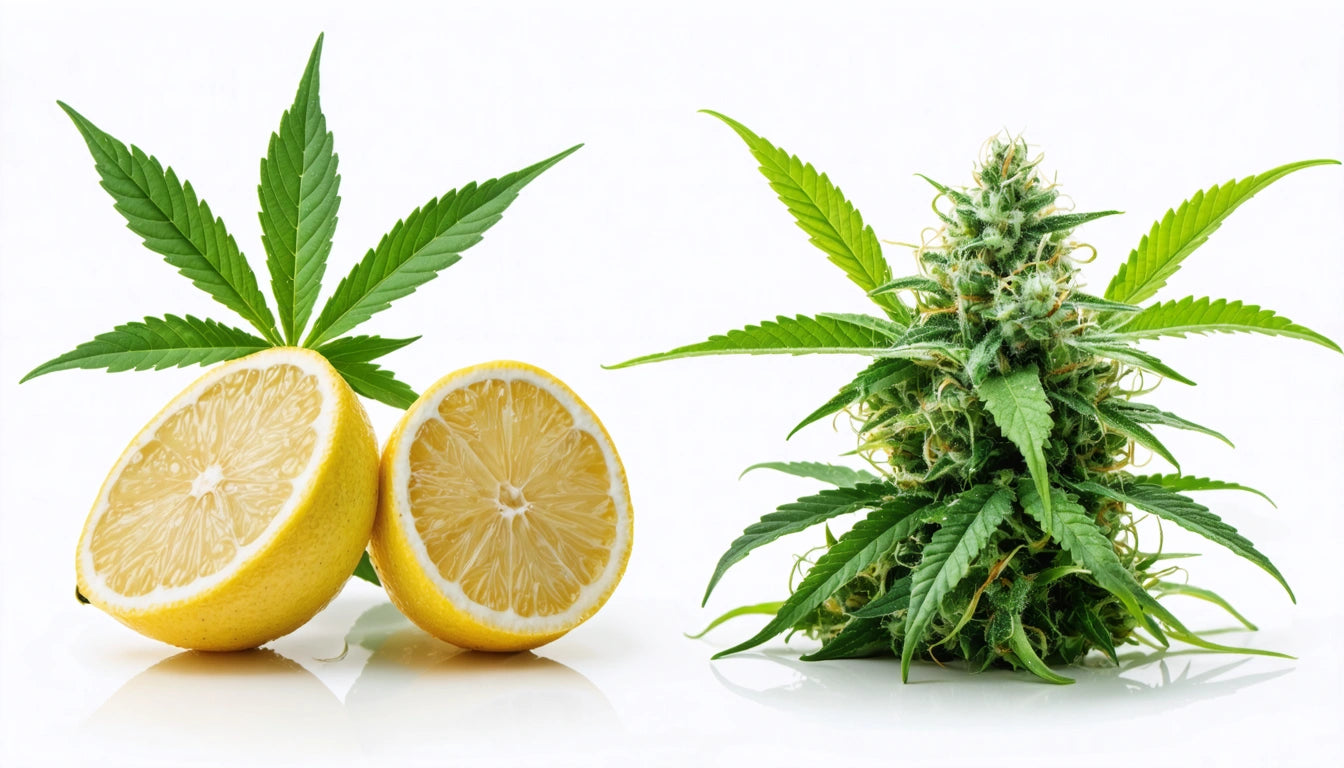Table of Contents
Does Smoking Cause Dehydration?
Smoking cigarettes impacts nearly every system in the human body, but its effects on hydration status remain less discussed than other health consequences. Many smokers wonder, "does smoking dehydrate you?" as they experience symptoms like dry mouth, increased thirst, and fatigue. Understanding the relationship between smoking and dehydration can help smokers take appropriate measures to maintain proper hydration levels.
The Smoking-Dehydration Connection: How Tobacco Affects Hydration
Cigarettes contain numerous chemicals that can influence the body's water balance. Nicotine, the primary active compound in tobacco, acts as a diuretic, increasing urine production and potentially leading to fluid loss. When asking "do cigarettes dehydrate you," the answer is yes, primarily through several mechanisms:
- Nicotine's diuretic effect increases urination frequency
- Smoking elevates heart rate and metabolism, accelerating water loss
- Chemicals in cigarettes can reduce saliva production, causing dry mouth
- Smoking damages mucous membranes, affecting moisture retention
These effects combine to create a dehydrating impact that many smokers experience but may not recognize as dehydration.
Physiological Effects of Smoking on Body Hydration
Cellular Impact
At the cellular level, smoking affects water transport mechanisms. The chemicals in cigarettes can damage cell membranes and impair the body's ability to distribute water efficiently. This cellular disruption contributes to the dehydrating effects smokers experience.
Respiratory System Effects
The respiratory system suffers significant water loss during smoking. With each inhalation, hot smoke passes through the airways, causing water evaporation from mucous membranes. Regular smokers experience chronic drying of these tissues, leading to increased water needs to maintain proper function.
Symptoms and Signs of Smoking-Related Dehydration
For those wondering "does cigarettes dehydrate you," recognizing the symptoms can help confirm this connection. Common signs of smoking-related dehydration include:
- Persistent dry mouth and throat
- Darker urine color
- Increased thirst
- Dry, less elastic skin
- Fatigue and headaches
- Difficulty concentrating
These symptoms may be particularly noticeable after heavy smoking sessions or when combining smoking with alcohol consumption, which further compounds dehydration effects.
Cannabis vs. Tobacco: Comparing Dehydration Effects
The question "do smoking dehydrate you" extends beyond tobacco to cannabis use as well. While both can cause dehydration, the mechanisms differ slightly. Cannabis use can lead to dehydration through dry mouth (cottonmouth) and altered saliva production, though it lacks the strong diuretic effect of nicotine.
Cannabis users often experience intense thirst, which can actually be beneficial as it prompts increased fluid intake. For those using both substances, proper hydration becomes even more critical, as the dehydrating effects can compound.
When storing cannabis products for optimal freshness and potency, many consumers and dispensaries rely on high-quality storage solutions that preserve moisture content while preventing contamination or excessive drying.
Hydration Strategies for Smokers
If you're concerned about dehydration from smoking, implementing these strategies can help maintain better hydration status:
Increased Water Intake
Smokers should aim to drink more water than non-smokers to compensate for increased fluid loss. A good rule is to consume at least 8-10 glasses of water daily, with additional intake during and after smoking sessions.
Electrolyte Balance
Maintaining proper electrolyte balance helps your body retain and utilize water more effectively. Include foods rich in potassium, sodium, and magnesium in your diet, or consider sugar-free electrolyte drinks when experiencing dehydration symptoms.
Hydrating Foods
Incorporate water-rich foods into your diet, such as:
- Cucumbers (96% water)
- Watermelon (92% water)
- Strawberries (91% water)
- Lettuce (96% water)
- Yogurt (85% water)
These foods provide both hydration and essential nutrients that support overall health.
For those concerned about the relationship between different substances, understanding the interaction between nicotine and THC can provide additional context for managing hydration when using multiple substances.
Long-Term Impacts and Hydration Recommendations
Chronic dehydration from smoking can contribute to numerous health issues, including:
- Accelerated skin aging and wrinkle formation
- Increased risk of kidney stones
- Poorer cognitive function and concentration
- Digestive issues and constipation
- Reduced exercise performance and recovery
For optimal health, the best approach is smoking cessation. However, for current smokers, implementing consistent hydration practices can mitigate some smoking-related dehydration effects.
It's important to note that proper hydration isn't just about drinking when thirsty. As explained in this article on dehydration, you can have clear urine and still be dehydrated, making it essential to maintain regular fluid intake regardless of thirst signals.
Smokers should also be aware of how smoking affects other bodily functions, as dehydration can compound issues like fatigue and circulatory problems.
By understanding and addressing the dehydrating effects of smoking, users can take proactive steps to maintain better hydration status and potentially reduce some of the negative health impacts associated with tobacco use.











Leave a comment
All comments are moderated before being published.
This site is protected by hCaptcha and the hCaptcha Privacy Policy and Terms of Service apply.